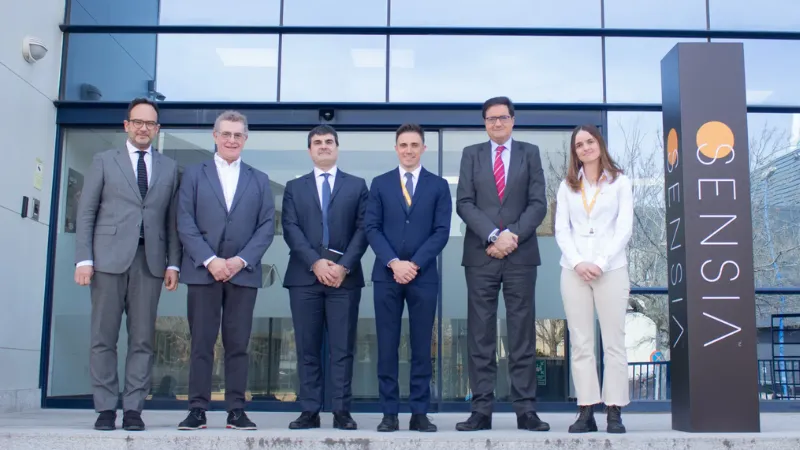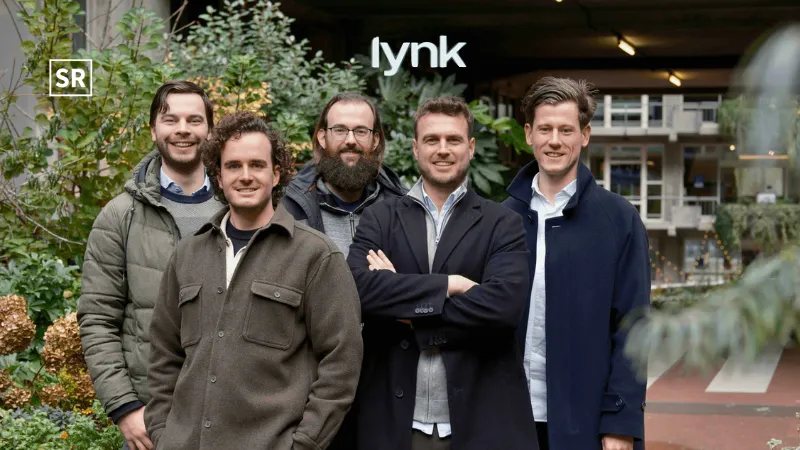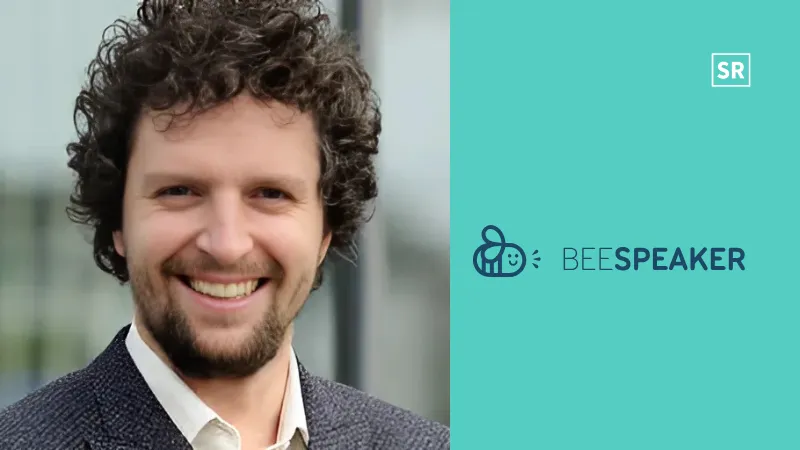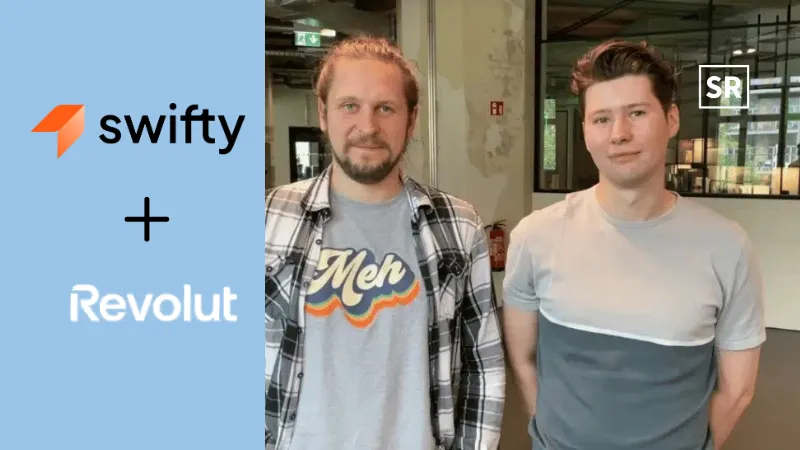
Corintis, tackling the AI-era chip cooling challenge, has raised a €20 million Series A bringing its total funding to €28.5 million.
SUMMARY
- Corintis, tackling the AI-era chip cooling challenge, has raised a €20 million Series A bringing its total funding to €28.5 million.
The round was led by BlueYard Capital, with participation from Founderful, Acequia Capital, Celsius Industries, XTX Ventures, and others.
The startup also plans to open multiple US offices to serve American customers, along with a new engineering office in Munich, Germany.
Remco van Erp, Co-founder & CEO of Corintis, said: “Every chip is unique. It’s like a cityscape with hundreds of billions of transistors, connected by countless wires. Cooling today is not adapted to the chip, relying on simplistic designs where several parallel fins are carved into a block of copper with a blade.
“But just like in nature, the optimal design for each chip is a complex network of precisely shaped micro-scale channels that are adapted to the chip and guide coolant to the most critical regions. Finding the right design per chip to create increasingly better cooling systems under short timelines is a challenge that will only get harder.”
Co-founded in 2021 by Dr. Remco van Erp, Sam Harrison, and Prof. Elison Matioli, Corintis tackles the growing challenge of cooling increasingly powerful computer chips.
Built on research from EPFL, the startup aims to remove a key bottleneck for AI, climate modeling, and drug discovery. Rather than seeing AI as a strain on computing, Corintis uses AI to optimize chip cooling.
Read Also - German DeepTech Startup Yasp Secures €4.2M Funding
Following this funding, Intel CEO Lip-Bu Tan (then Chairman of Walden International) and Geoff Lyon, former CEO & founder of CoolIT, have joined Corintis’ board.
Lip-Bu Tan added: “Cooling is one of the biggest challenges for next-generation chips. Corintis is fast becoming the industry leader in advanced semiconductor cooling solutions to address the thermal bottleneck, as made evident by its growing customer list.”
AI growth is limited by computational power. As AI becomes more powerful and accessible, chips need to handle greater workloads but higher performance generates more heat, making cooling a significant bottleneck.
Early ChatGPT models ran on NVIDIA chips consuming 400W. Just four years later, new GPUs and AI accelerators are targeting 10x higher power, requiring advanced liquid cooling. NVIDIA’s adoption of liquid cooling for its latest data center GPUs underscores this urgent need.
“Thermal engineers need to pull a rabbit out of a hat daily to make sure chips don’t overheat and break, and that’s where Corintis comes in. Our mission is to unlock 10x better cooling to enable the future of compute, in a short cycle time, and while leveraging the existing infrastructure investments in a data centre today,” added van Erp.
Corintis’s Series A shows rising investor interest in DeepTech cooling and thermal management. The company focuses on microfluidic cooling designed alongside chips carving out a specialized niche beyond general thermal solutions. Unlike Q.ANT which reduces heat at the source Corintis addresses waste heat after the chip highlighting investor confidence in complex focused solutions.
Corintis specializes in microfluidic cooling, providing optimized micro-scale liquid cooling for data center chips used in advanced computations, including generative AI.
The company counts several major U.S. tech firms as customers and partners with Microsoft to deploy its technology. Recently, Microsoft and Corintis achieved a breakthrough with an in-chip microfluidic cooling system, which reportedly removes heat three times more effectively than current leading solutions, successfully cooling servers running core services.
“The thermal margin is translated at the software layer to yield more performance and overclocking potential. It also enables new 3-D architectures for chips that are not possible today due thermal limitations of stacking high power SOC’s without inner layer cooling,” said Husam Alissa, director of systems technology in Cloud Operations and Innovation at Microsoft.
Corintis’ solution achieves up to 10x better cooling through two key approaches. First, co-designed microfluidic cooling: the company uses advanced simulation, optimization software, and innovative manufacturing to deliver micro-scale liquid cooling precisely tailored to each chip.
This can be implemented as a drop-in replacement for existing liquid cooling or integrated directly with the chip as co-packaged cooling, significantly boosting performance. The technology also helps data centers reduce water consumption, addressing a primary ecological concern of AI operations.
Corintis bridges chip and cooling design, enabling the next generation of AI chips with superior thermal performance. Its platforms include Glacierware for automated cooling system design, a copper microfluidic manufacturing facility producing cold plates with features as small as a human hair, and Therminator, which lets chip makers emulate next-gen chips with millimeter precision on test silicon to validate cooling solutions before production.
David Byrd, general partner at BlueYard Capital added: “AI’s insatiable demand for compute is pushing chips to unprecedented power densities. Corintis is unlocking the next wave of performance by making cooling a design feature, not an afterthought.”
Corintis has already produced over 10,000 cooling systems, deployed in data centers using cutting-edge AI chips, and achieved eight-figure cumulative revenue since its founding. Early deployments indicate potential to increase revenue more than tenfold.
With the new funding, the company plans to grow its team from 55 to over 70 employees by year-end and expand manufacturing, targeting over one million microfluidic cold plates annually by 2026.
About Corintis
Corintis provides breakthrough semiconductor cooling, embedding microscopic channels inside chips to extract 10x more heat and do so 50x more efficiently than current solutions. This addresses the thermal bottleneck in powerful AI and data center chips, reducing energy use and enabling sustainable, high-performance computing.
Recommended Stories for You

SignPath funding news – Vienna-based SignPath has Raised €5Million in Series A Round Funding
Kailee Rainse Jan 8, 2025


 Follow us
Follow us Follow us
Follow us














